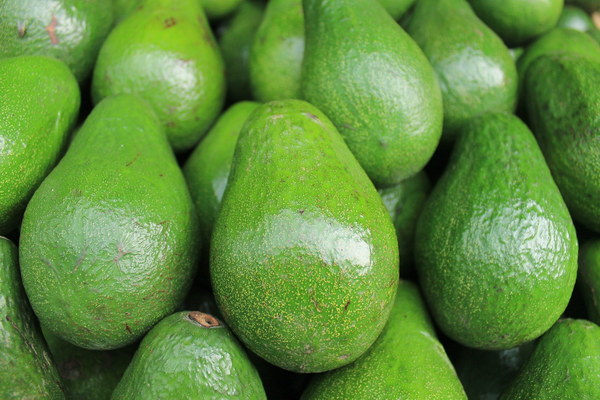Balancing Your Bodys pH A Comprehensive Guide to Alkaline Diet and Health Benefits
In recent years, the concept of maintaining a balanced pH level in the body has gained significant attention. This article aims to provide a comprehensive guide to understanding the alkaline diet, its benefits, and how it can contribute to overall health.
The human body maintains a delicate balance of pH levels in various bodily fluids, including blood, saliva, and urine. This balance is crucial for optimal physiological functioning. The pH scale ranges from 0 to 14, with 7 being neutral. A pH level below 7 is considered acidic, while a level above 7 is alkaline. The human body ideally functions at a slightly alkaline pH level, typically around 7.35 to 7.45.
The alkaline diet focuses on consuming foods that have an alkaline-forming effect on the body. These foods include fruits, vegetables, nuts, seeds, legumes, and certain types of grains. By incorporating these foods into your diet, you can help maintain a balanced pH level and support overall health.
Here are some key points to consider when following an alkaline diet:
1. Benefits of an alkaline diet:
a. Improved digestion: Alkaline foods are easier to digest, which can help alleviate symptoms of indigestion and bloating.
b. Enhanced immune system: An alkaline body is better equipped to fight off infections and diseases.
c. Reduced inflammation: Alkaline foods can help reduce inflammation in the body, which is linked to various chronic diseases.
d. Weight management: An alkaline diet is often low in processed foods and high in fiber, making it easier to maintain a healthy weight.
e. Improved energy levels: By providing essential nutrients and minerals, an alkaline diet can boost your energy levels.
2. Foods to include in an alkaline diet:
a. Fruits: Berries, melons, apples, oranges, and lemons are all excellent choices.
b. Vegetables: Leafy greens, broccoli, cauliflower, and carrots are rich in essential nutrients and minerals.
c. Nuts and seeds: Almonds, chia seeds, flaxseeds, and walnuts are great sources of healthy fats and protein.
d. Legumes: Lentils, chickpeas, and kidney beans are packed with fiber, protein, and essential nutrients.
e. Grains: Quinoa, buckwheat, and amaranth are alkaline-forming grains that can be substituted for traditional wheat products.
3. Foods to avoid in an alkaline diet:

a. Meat: Red meat, poultry, and seafood are high in protein but also contribute to an acidic environment in the body.
b. Dairy: Milk, cheese, and yogurt are acidic and can disrupt the body's pH balance.
c. Refined sugars: Sugar, white flour, and processed foods are acidic and can lead to inflammation and other health issues.
d. Artificial additives: Foods containing artificial flavors, colors, and preservatives are often acidic and should be avoided.
It is important to note that while the alkaline diet has many potential benefits, it is not a one-size-fits-all solution. It is always best to consult with a healthcare professional before making significant changes to your diet. Additionally, the alkaline diet should be combined with other healthy lifestyle choices, such as regular exercise and adequate hydration.
In conclusion, maintaining a balanced pH level in the body is essential for overall health. By incorporating an alkaline diet into your lifestyle, you can enjoy numerous benefits, from improved digestion to a stronger immune system. Remember to consult with a healthcare professional before making any significant changes to your diet and to combine the alkaline diet with other healthy lifestyle choices for optimal results.









